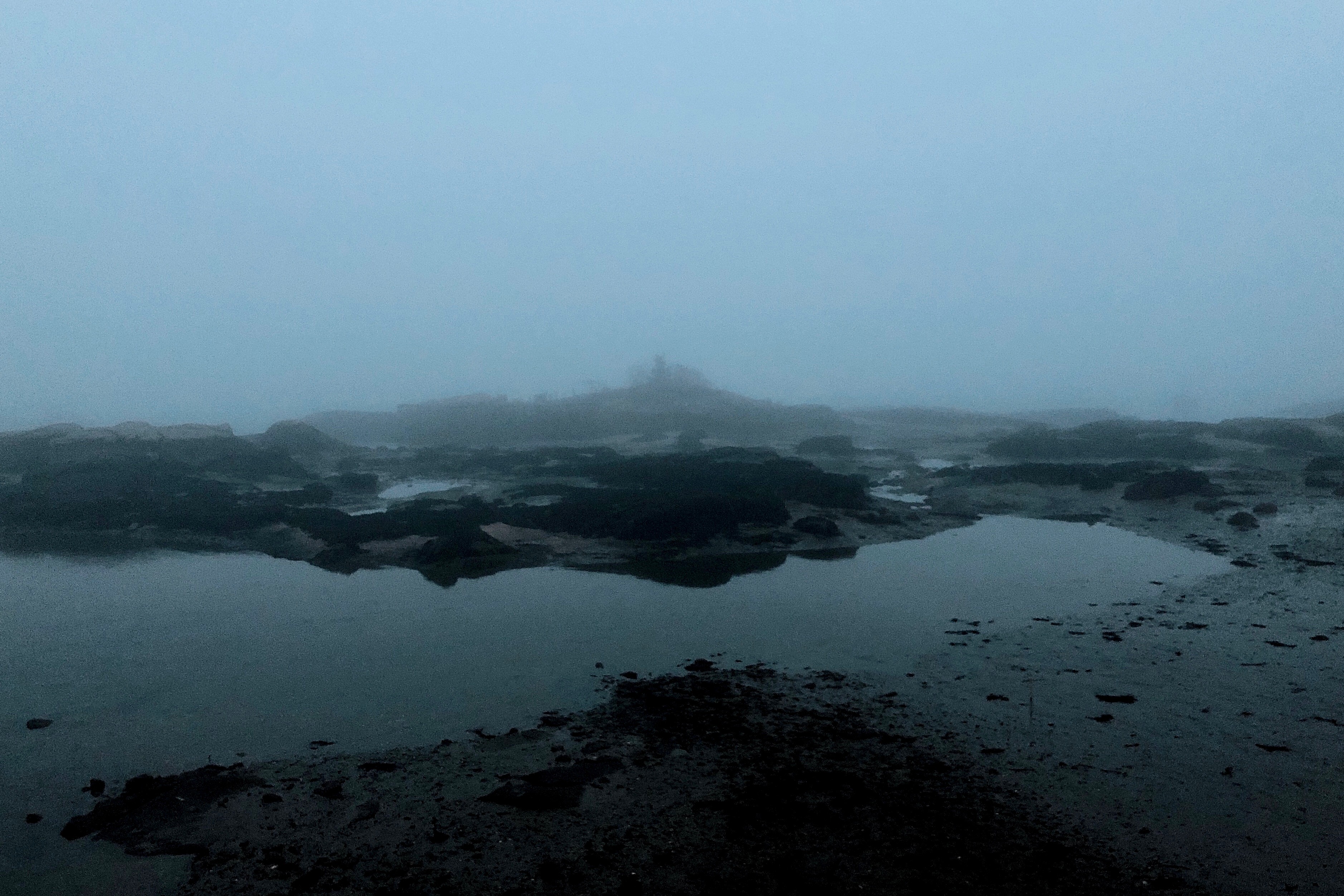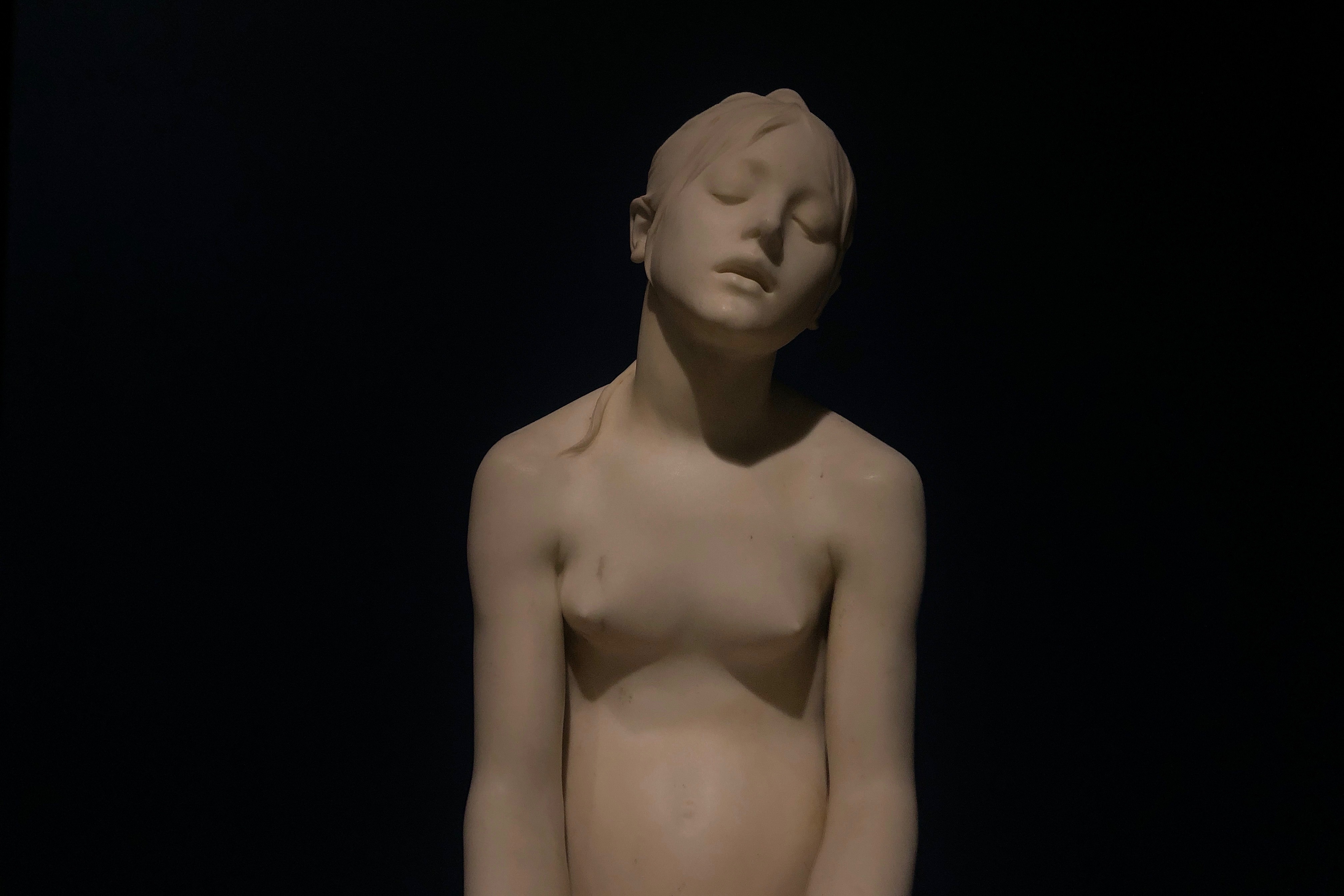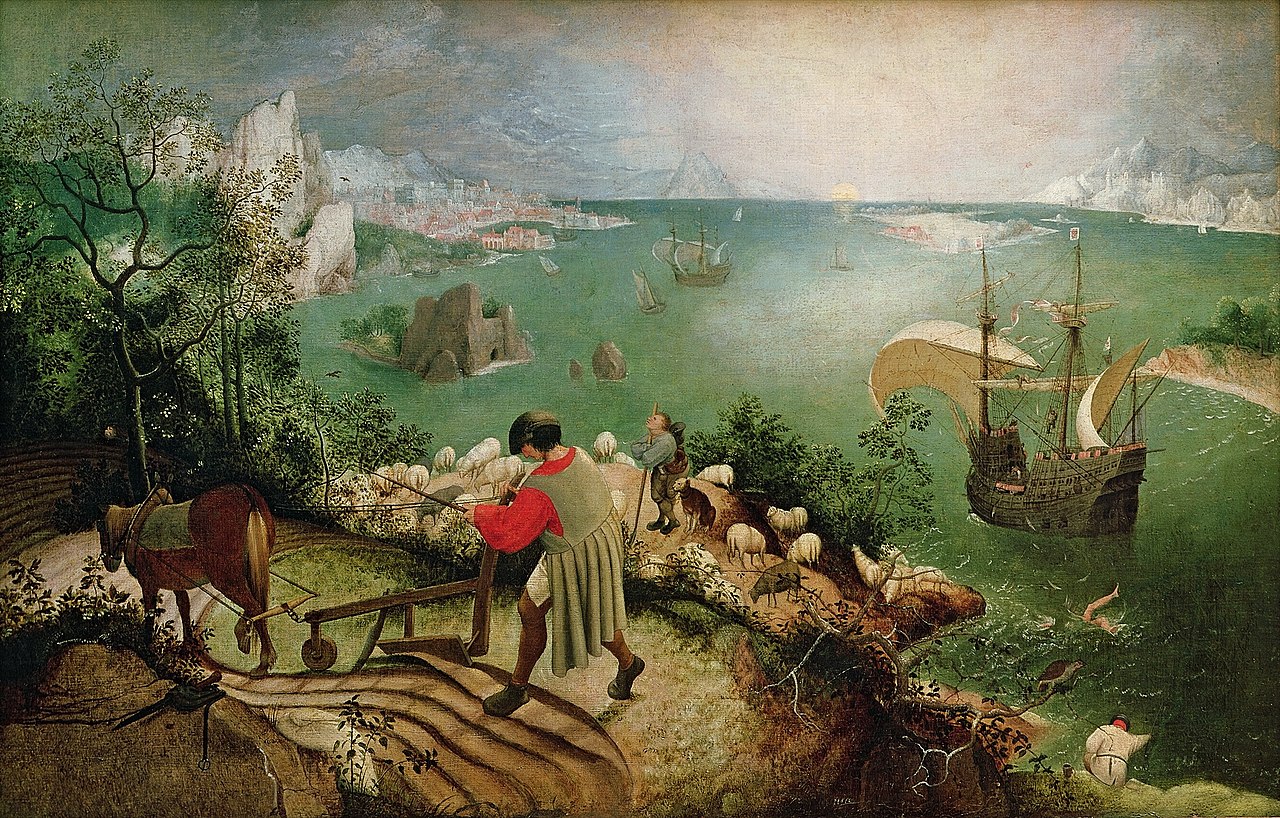Il N’Y A Pas D’Amour Heureux
Somehow we’d journeyed to the far north, on foot, along a train track. There was intrigue and fear and a near miss from a juggernaut that barreled out of a blizzard and was gone. Then I was in a woman’s home, a stranger. Institutional, like a student dorm: dark, with unthinking scraps of furniture, blankets, stuff strewn around to keep warm. Mugs on the floor, ashtrays. Early morning. Murky light from a broad window looking out onto nothing and nowhere: vague structures in the near distance. I think Siberia, one of those desolate arctic towns. An air of menace. Dystopian. There was an understanding that this wasn’t a destination, but it was as far as we could go. We were standing by the grimy window and she was pointing out the buildings opposite, shadows really, saying it was interesting how they’d been built around the first structures, leaning in close to help me see what she meant. And then. Then there was that astonishing moment when, like air rushing into a vacuum, I realised how utterly in love I was. With her. This stranger. And how we were standing at a crack in the firmament where everything, in an instant, is altered. Total completion. Symbiosis. The One. A man appeared and she recoiled from the window before recognizing him as a friend. He shouldered inside, shook off the snow, and she whispered to me that it was okay, he was cool, and he briskly shook hands from behind the door. And I knew that life was suddenly extraordinary.
The horror of waking when, for a moment, everything is possible; before it drains over the sides of the bed and is gone. You know you will never meet again. And you want to weep for the loss. Litost, Paul tells me, from the Czech. A state of agony created by the sudden realisation of one’s own misery. Milan Kundera:
“As for the meaning of this word, I have looked in vain in other languages for an equivalent, though I find it difficult to imagine how anyone can understand the human soul without it.”
My friend Paul believes death will be such a dreamscape, embroidered with encounters like this, that don’t vanish. Maybe this explains the grace of dying. And why the Dead are content to go.

Over time, memory’s diffusion (the varnish that anointed her faultless) blurs to shadow. Cracks emerge, the cheek is muddied, the chin shaded double when it is. The gaze of each new viewer wearies the glittering altarpiece to crudeness, sallows the eyes, pleats the corners of the mouth to merely human. Too much of what made her transcendent now makes her ordinary. It’s nobody’s fault. Time isn’t cruel; just indifferent. And she, more even than her pilgrims, understands the triptych flaw behind all this veneration. Huxley was right. ‘Beauty is worse than wine, it intoxicates both the holder and beholder.’ And in the end, there’s only so much worship an icon can take. Though the twisting of a lock of hair can rekindle embers of an erstwhile flame, nobody can be certain of what once was true. We become people we only occasionally knew.

Already it’s slipping away, like quicksilver puddled in my palm as I half run, like I used to do in the egg-and-spoon: too fast and the egg’s in the grass: too slow and the race is lost. But what I understood was that everything was forgiven, with your face right there in all its bashful proximity, as luminous close as from far away, its magnified details like burrs in alabaster, the tiny tucks and swirls of the sculptor’s rasp. And your bee-stung grin of bliss, like a girl or a cat, and the starched cotton sheets pulled up tight to your collar bones, and the smile and the smile and your arms outstretched and your pocketed deer warmth. And love, like a lark, hovered over the morning bed, and the brought tea went cold on the nightstand, me dressed, you in matron’s linen across all your softness, knotted in the winding sheet of your love, your pilgrim soul and your ear-to-ear smile. The frequency of infatuation made flesh, a long, granular bow across the strings of a cello. Nothing more lovely, nothing more true.
⠀⠀⠀⠀⠀⠀⠀⠀⠀
And in the dream there was another morning, and you were in your coat outside, already loping on some errand, a dryness around the bruise of your mouth, and a flash of remorse in the wet of your eye; before you smiled again under your hair and the world was perfect.
•••



